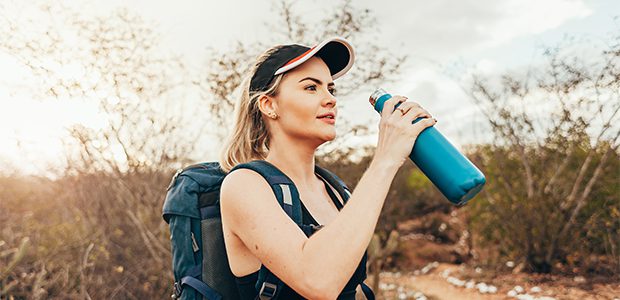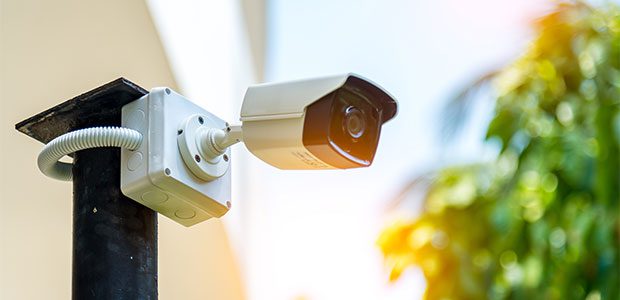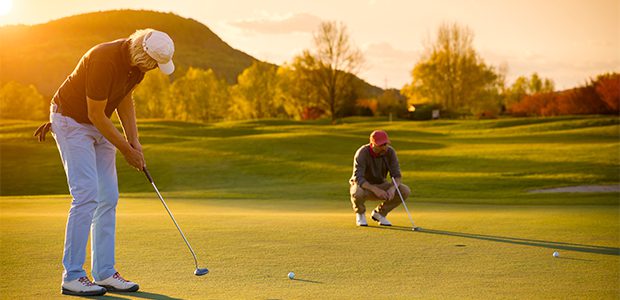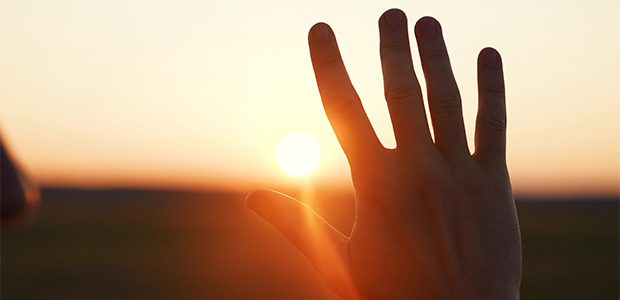Despite triple digit temperatures, summer in the valley can be quite enjoyable. Longtime residents have learned to adapt, spending time doing indoor activities, lounging by the pool, or even at one of our nearby lakes.
Each year residents are reminded that when spending time outdoors, it’s important to understand that the heat can be dangerous and lead to a variety of conditions. These conditions range from sunburn and dehydration, to heat exhaustion and heat stroke.
Like any other health condition, prevention is key to avoid these specific heat related issues. Preventative measures include keeping hydrated, applying sunscreen, wearing protective clothing, staying in the shade, and restricting strenuous outdoor activities to the cooler early morning or evening hours. Second only to prevention is learning to recognize the symptoms of heat related conditions and addressing them as soon as possible.
Sunburn
- Sunburn can happen to unprotected skin in as little as 20 minutes. There are various degrees of sunburn ranging from mild to severe. A mild sunburn where the skin is pink to red can be treated at home. Severe sunburn, where large blisters have formed, may require professional medical help.
- Here are a few self-help tips to use for mild to moderate sunburn:
- Drink more water to prevent dehydration and rehydrate the skin from the inside out.
- Take cool showers or baths to help relieve the pain. To prevent further damage to the affected skin, pat yourself dry instead of aggressively rubbing your body with a towel.
- Moisturizer the skin. Use aloe vera to moisturize the sunburned skin. Aloe has been used topically to repair and protect skin for centuries. To help with pain, there are aloe-based sprays and gels that contain the anesthetics lidocaine or benzocaine to help numb the skin and relieve some of the pain.
- Take a pain reliever. In addition to lidocaine or benzocaine topicals. You may also choose to take an over-the-counter pain reliever such as aspirin, acetaminophen, or ibuprofen to help with the discomfort and swelling.
- What not apply to sunburn:
- Ice or Icepacks – It may feel good to apply something very cold to the skin, but this will cause your blood vessels to narrow quickly and cut off local blood supply to already damaged skin.
- Products containing alcohol – Some creams and lotions contain alcohol which will dry out the skin.
- Vinegar – Despite the old home remedy of putting vinegar (or mustard that contains vinegar) on your sunburn, many dermatologists advise against it. Vinegar is low in pH and contains various acids which can cause more damage to the already compromised skin.
- Petroleum jelly – Using petroleum jelly, or products containing petroleum jelly, will trap heat in the skin and increase the time it takes for the skin to heal.
- Makeup – Like petroleum jelly, makeup can trap heat in the skin.
Dehydration
Dehydration is one of the most frequently seen conditions during the summer months. Our bodies are made up of about 60% water and that percentage is even higher for babies and children. Hydrating with enough water is especially important during the summer months. Experts say that each day we need about one ounce of water for every two pounds of bodyweight. Sports drinks can also help but watch out for the sugar content when consuming them. Limit drinks containing alcohol as well because they are diuretics which encourage the kidneys to lose extra fluid and increase the body’s water need.
Dehydration can come on quickly when we are losing more fluids than we are taking in so it’s important to recognize the following signs:
- Increased thirst.
- Dry mouth.
- Heart palpitations.
- Decreased and dark urine output.
- Headache.
- Dry skin.
Dizziness.
What to do if you suspect Dehydration:
- You can usually reverse mild to moderate dehydration by drinking more fluids, but severe dehydration needs immediate medical treatment.
Heat Exhaustion
Doing activity in a hot environment can outpace the body’s ability to cool itself, causing heat-related symptoms. Heat exhaustion can occur with or without dehydration occurring. Symptoms of heat exhaustion include:
- Profuse sweating
- Weakness
- Cool, pale, clammy skin
- Fast, weak pulse
- Possible muscle cramps
- Dizziness
- Nausea or vomiting
- Fainting
What to do if you suspect Heat Exhaustion:
- Move the individual (even if it’s you) to a cooler environment
- Lay down and loosen clothing
- Apply cool, wet cloths to as much of the body as possible
- Fan the individual as much as possible
- Offer sips of water
- If person vomits more than once, seek immediate medical attention.
Heat Stroke
Although heat exhaustion is a serious condition, heat stroke is an even more serious condition, which requires emergency medical attention. Symptoms of heat stroke include:
- An altered mental state
- One or more of the following symptoms: throbbing headache, confusion, nausea, dizziness, or shallow breathing
- A body temperature above 103°F
- Hot, red, skin (dry or moist)
- Rapid and strong pulse
- Fainting or loss of consciousness
What to do if you suspect Heat Stroke:
- Heat stroke is a severe medical emergency. Call 911 or get the victim to a hospital immediately. Delay can be fatal.
- Move the victim to a cooler, preferably air-conditioned, environment.
- Reduce body temperature with cool cloths or bath.
- Use fan if heat index temperatures are below the high 90s. A fan can make you hotter at higher temperatures.
- Do NOT give fluids.
Your Car is an Oven
Another thing to keep in mind during the summer months is just how hot the inside of a parked car can get. Despite numerous national campaigns, children and pets are sometimes left in parked vehicles during the summer months. Studies have shown that the temperature inside a parked vehicle can quickly rise to dangerous levels when the air conditioning is not running. If you leave the windows slightly open, it is not enough to significantly decrease the heating rate. Brain damage, dehydration, and even death can occur in just minutes from the internal heat of a parked car in the summer.
Despite high temperatures, summer can be an amazing and fun time in our community and the valley as a whole. We need to simply promote awareness and educate everyone about summer safety. Desert Ridge is a much better place when we have involvement form our community members.
Stay cool out there.








